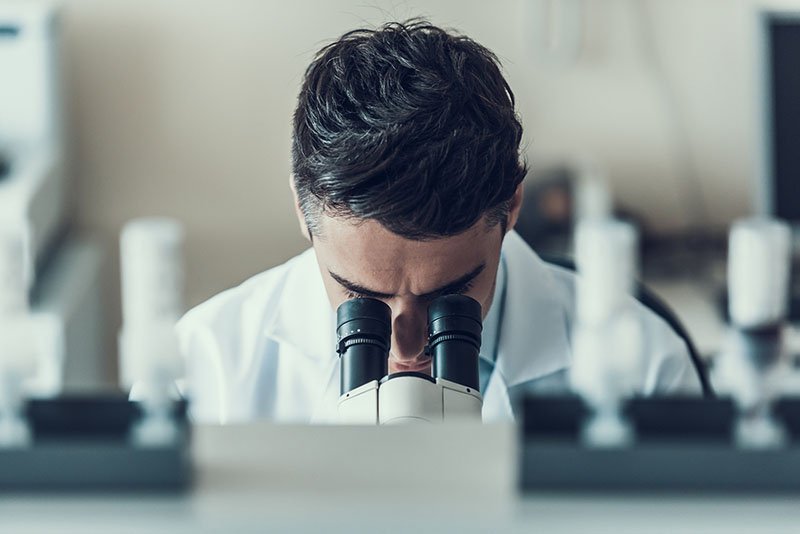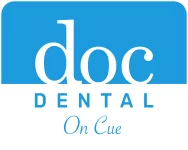What Teeth Can Tell You: Dental Forensics and Anthropology

Most people know what the average dentist does, but did you know there are dental specialists who work primarily outside the medical field? Forensic and anthropological dentists may not be traditional tooth doctors, but their work is still heavily related to and reliant on teeth.
A forensic dentist is often involved in solving crimes, usually by identifying the owners of bite marks. However, identifying a bite mark is often not enough to truly say whether a suspect is guilty. Bite marks aren’t necessarily as unique as fingerprints and any number of small things might change what the bite looks like. Consider how different your own bite mark looks in a piece of cheese compared to a watermelon, and then check again after leaving the cheese outside on a hot summer day, for example. They would look almost nothing alike! Forensic dentists can also identify who a tooth belonged to, usually by looking for distinct characteristics, or consulting with dental records.
Teeth can tell us a lot about whoever owned them, and that is the primary focus of dental anthropology. What we know about an ancient culture’s diet and habitat is often extrapolated from the teeth they left behind. This is because teeth are durable, and tend to fossilize with a treasure trove of information. For example, an anthropological dentist might discover preserved plaque on an ancient tooth and various bits of plants, and conclude that the people who lived there however long ago primarily ate plants.
Other indicators, like signs of wear on specific teeth, suggest the possibility of a secondary use as a tool to hold an object. A certain protein in teeth can even help determine the owner’s gender! Teeth can also be dated fairly accurately, both in terms of the age of the tooth itself and the age of its owner. A dental anthropologist can even find out if the teeth belonged to a particular subset of prehistoric humans.
Forensic and anthropological dentists show us how your teeth can say a lot about you. What you eat and how you use your teeth are the most obvious pieces of information, but even things like habits and habitats can be discovered just by looking at your teeth. So start eating well if you’re not already—thousands of years from now, a dentist might be judging your teeth!
